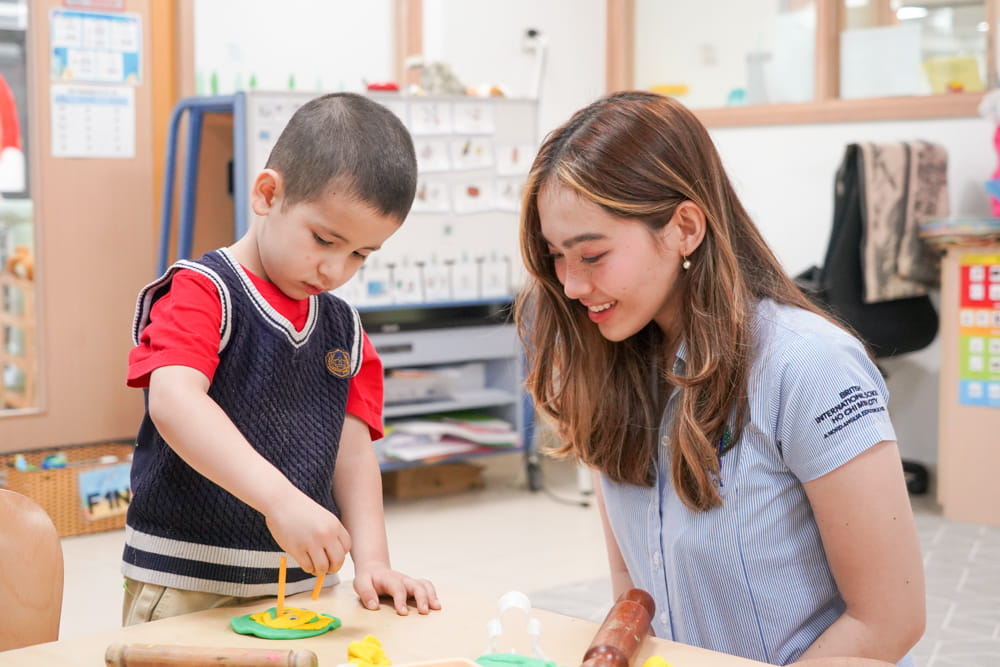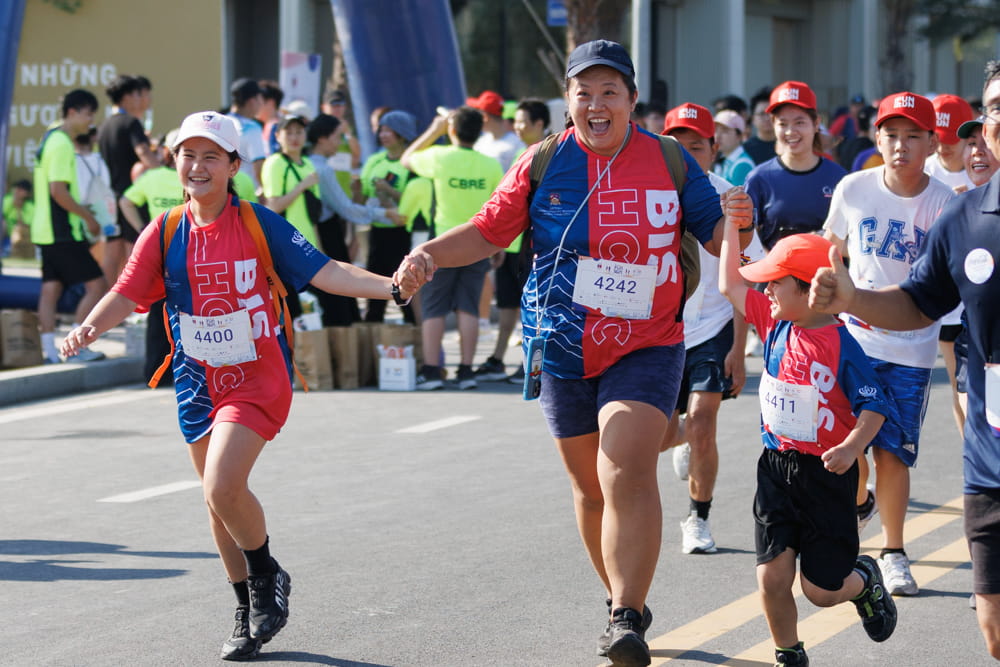Top Tips to Develop Healthy Digital Habits With the world that we now live in we have become more reliant on digital devices for both our work and personal lives. Cellphones, tablets and computers allow us to be connected to the world at all times and we are only now discovering the positive and negative impact that this level of connectivity is having on our lives. With our introduction of the BYOD programme this year it is important that we reflect on our students and how they use their devices outside the classroom.
With the world that we now live in we have become more reliant on digital devices for both our work and personal lives. Cellphones, tablets and computers allow us to be connected to the world at all times and we are only now discovering the positive and negative impact that this level of connectivity is having on our lives. With our introduction of the BYOD programme this year it is important that we reflect on our students and how they use their devices outside the classroom.
As part of my lessons teaching ICT I take a moment to discuss with students how they use their devices in a 1 to 1 conference. We take 5 minutes to look through their internet history and emails to see how and when they are using their devices. This is a great teachable moment as it allows us to look at their writing style of the emails they send, discuss formal and informal writing depending on the recipient of their email and talk about if they even need to send an email or if it would be better to have a conversation with the person instead.
When looking at their internet browser history we are able to look deeper at the times when they are online, the length of time that they spend using their computer and the type of sites that they are viewing. In general, the use of their devices is very positive and they are spending short periods of time online. Students are using websites like MyMaths or Reading Eggs, which they have school subscriptions for to complete teacher-set activities that are aimed at their ability and relate to what they are learning in class. They are accessing their Google accounts to connect with classmates, collaborate on projects and complete homework tasks. Students are also using their devices for recreation by looking at sites such as YouTube to learn new skills or Roblox to make games or Netflix to watch their favourite show, which is a good way to relax for a short time after a long and busy day.
However, there have been a few cases of students overusing their devices and they are not developing healthy digital habits. The key issues that I have come across are the times that devices are being used, the length of time that students are using their device each day and using their devices to stream online movies. With regards to the amount of time that some students have been online there have been cases of children binge watching YouTube videos for 6 hours or more. Some students are on their computers until half past 11 at night or getting up at 4am to watch videos every morning. Streaming movies online is common practice, but unless you are using a paid service like Netflix, you are illegally viewing movies and putting your computer at risk of getting infected with a virus. It is only a very small percentage of students that I am referring to, but it is a good time to talk with your children about their device usage and how you use digital devices as a family.
Some suggestions to help a family develop good digital habits are…
- Only use devices in shared areas - By using computers, phones and tablets only in shared areas you become more aware as a family how much time you are all spending online. When you allow devices to be used unsupervised in bedrooms you run the risk of not being able to support your children when they come across content that makes them uneasy.
- Watch together - Watching TV has been a great family event since the first show aired in 1941. When you watch as a family you are able to discuss what you are seeing and share laughs. When you watch individual shows on individual devices you are missing out on a shared opportunity.
- Work together - Make a time limit for screen time and split it between work and pleasure; watching 30 minutes of YouTube is not bad, but it does need to be limited. Every family will be different in the amount of time that they see is acceptable screen time, but by actually setting a time frame you will be able to make time for other activities.
- Put devices away - When it is time to go to bed put devices in a set place that is not in your child’s bedroom. This will remove the temptation to spend a few more minutes online before bed and ensure that they get the maximum hours of sleep that they need to learn at school the next day.
- Take time to turn off - Have 'Digital Down Days' where everyone in the family puts their devices on a shelf – including parent’s cellphones – and spend a day or half a day technology-free. You could go for a walk, go out for lunch or take a family bike ride, but the conversations will be so much better when you are not distracted by messages or the need to take a selfie.
- Create, not consume - When we spend our time consuming digital content we are inactive, but when you create you are making much better use of your time. Use YouTube to learn a new skill like baking a cake or use your iPad to make a video or animation. If you are creating it is easier to work with someone else on a project and collaboration is one of the best parts about modern technology.
- Talk about technology - Have an open discussion about how technology has changed the way we live and the positive and negative ways that it has had an impact. Reflection is the best way to move forward, it makes you think back over what you are doing, analyse the impact or issues and then make changes to improve what you are doing.
Mr Luke Dyer, ICT & DT Lead Teacher



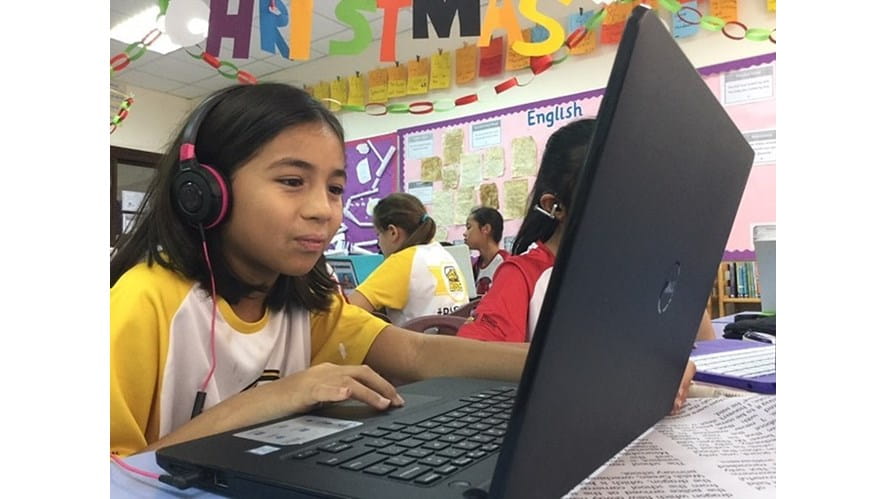
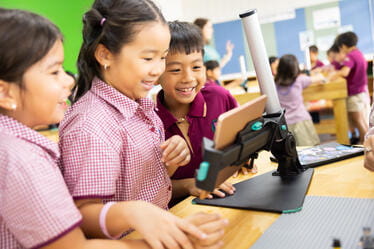
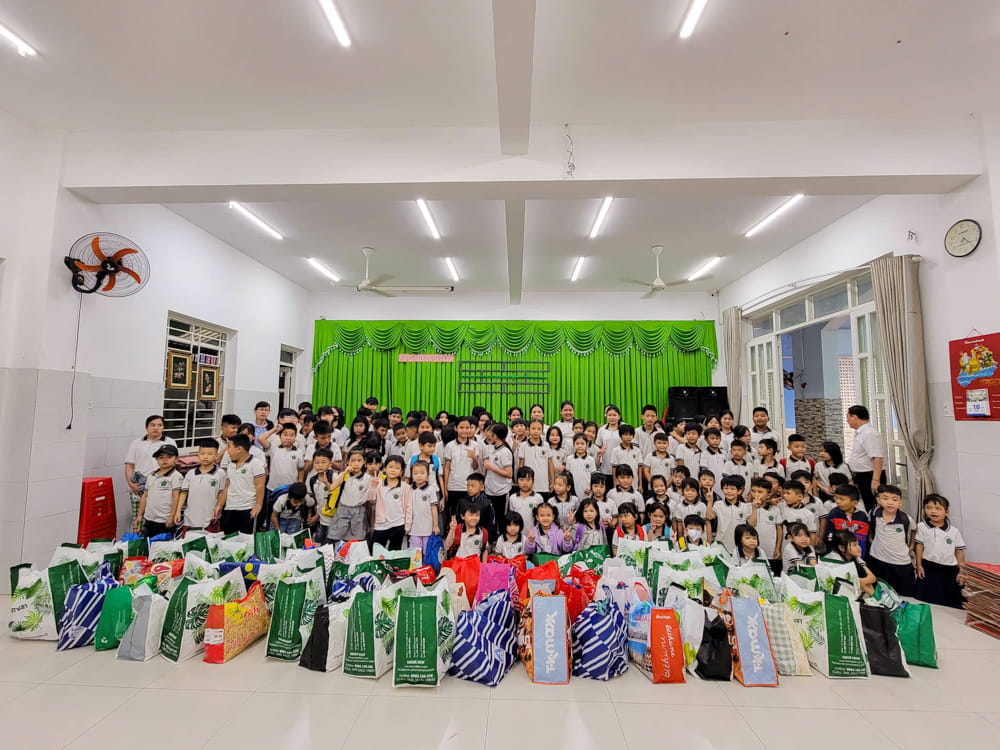
.jpg?h=1000&iar=0&w=1000&rev=b2dc7c8aa95640059a4e92304ff617df&hash=E5813A2A2B671904A50B5F2D66647596)
